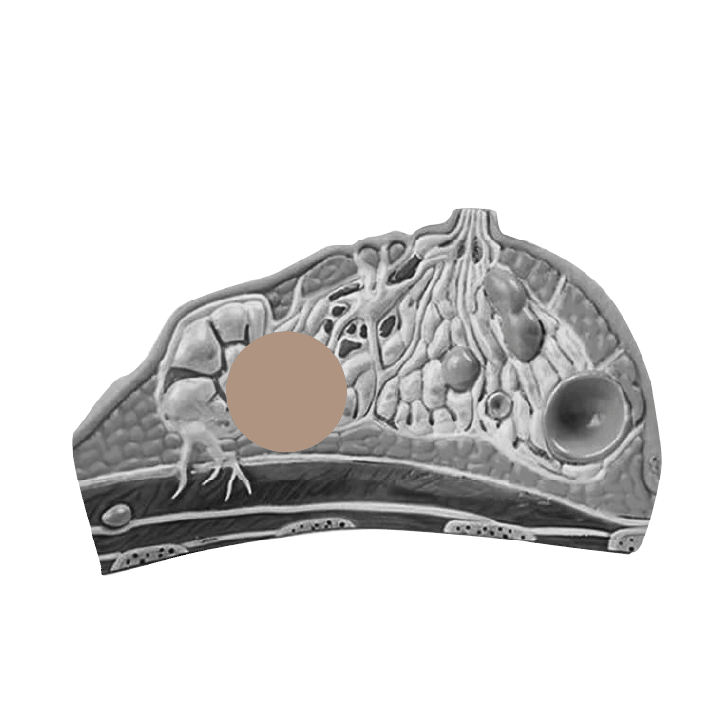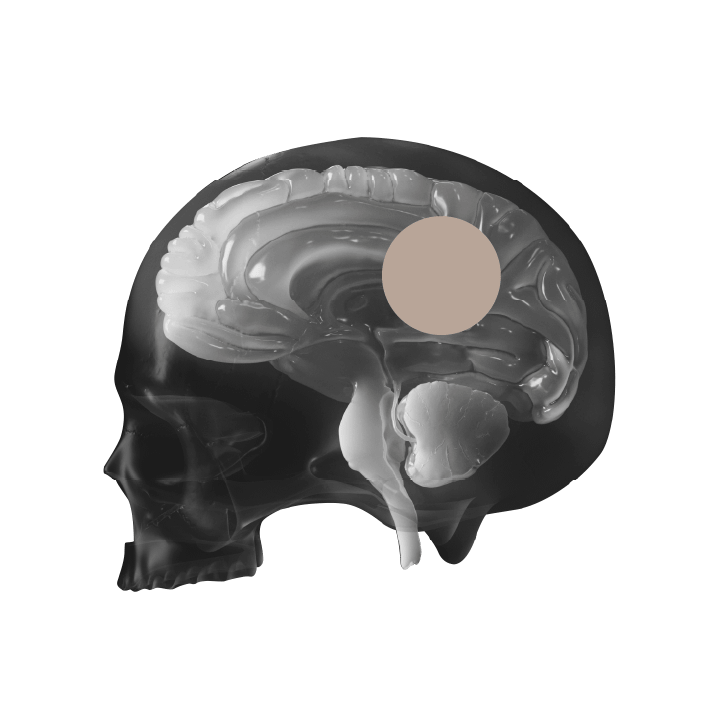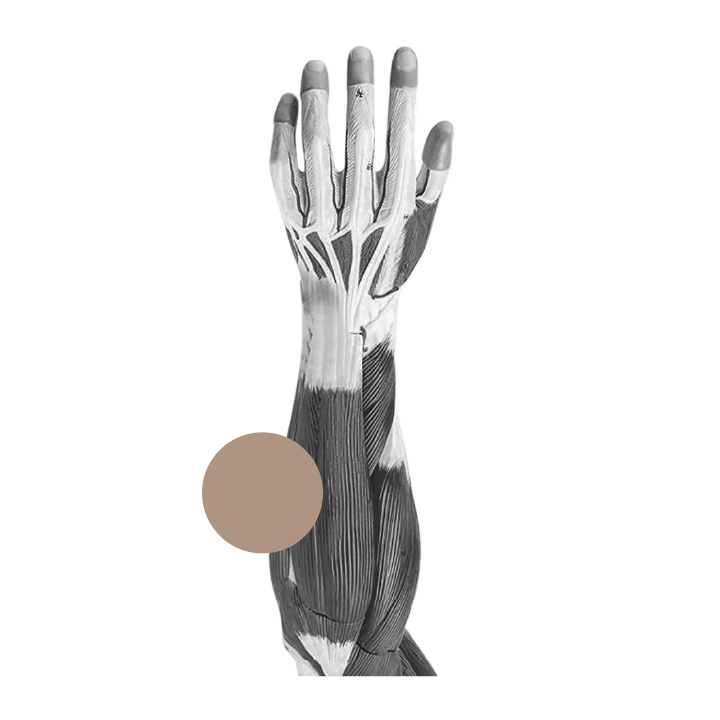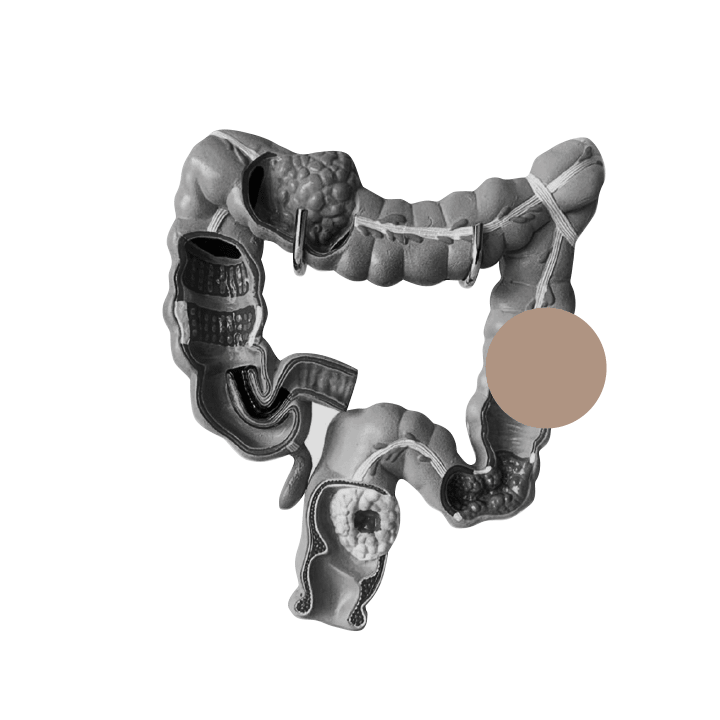9/11 Colon Cancer Lawyer
After the attack on September 11th, many people living and working in the area that came to be known as “Ground Zero” continued to suffer as they lost loved ones or suffered illness and disease in the aftermath. In response to this suffering, the World Trade Center Health Program (WTCHP) was created to help in recovery efforts for those who continued to suffer due to illness from the attacks.
Have you or a loved one been diagnosed with colon cancer? It is advisable to reach out to a 9/11 colon cancer attorney from Pitta & Baione LLP to discuss your claim under the program. You and your family may be eligible for compensation.
Maximum pain and suffering award for
COLON CANCER:
$250,000
*Does not account for additional conditions or other forms of loss. Prior results and outcomes are not guaranteed.
UNDERSTANDING THE RISKS FOR COLON CANCER
Colon cancer has many risk factors and potential causes. Some of these risk factors that 9/11 survivors may have been susceptible to include:
- Exposure to chemicals or radiation
- Sedentary lifestyle as a result of suffering and recovering from another disease or illness
- Radiation from treating other cancers
- Inflammatory illnesses
Additional risks include smoking, alcohol use, diet, and obesity.
SYMPTOMS OF 9/11 COLON CANCER
Due to location, symptoms of colon cancer are more directly related to the affected area than some other diseases. These symptoms can still vary, however, based on how advanced the cancer is and where it is specifically located within the colon. Some common symptoms of colon cancer are:
- Changes in bowel movements, including constipation or diarrhea
- Blood in the stool
- Constant cramps and abdominal pain
- Weakness
- Fatigue
DIAGNOSING COLON CANCER AS A RESULT OF 9/11
Diagnosing colon cancer usually involves a colonoscopy, where a camera and tube will go through the colon to check for affected areas. If there are polyps or other areas of concern, the doctor is able to take a biopsy for additional testing. Blood tests can also confirm a diagnosis for colon cancer.
TREATMENT FOR COLON CANCER
Treatment for colon cancer varies, depending on when the cancer is identified and how much of it is present. If the cancer is found early, the cancerous tissues can be removed during a colonoscopy or with minor surgery. As the cancer grows, the procedure to surgically remove it is more invasive. In more advanced cases, parts of the colon may need to be removed completely, and a colostomy – where a hole is made in the abdomen to allow waste to leave the body – will be placed. A colostomy bag can be temporary or permanent.
Contact a 9/11 Colon Cancer Lawyer
Colon cancer is a serious diagnosis, but you do not have to suffer alone. If you or a loved one suffer from colon cancer that is related to exposure from September 11th, contact a 9/11 colon cancer attorney at Pitta & Baione LLP by completing our online contact form or calling us at 844-901-1312.
PITTA & BAIONE LLP SUCCESSFUL CLAIMS








